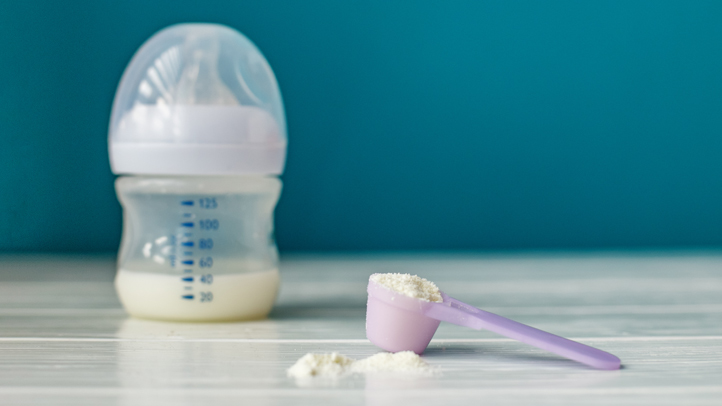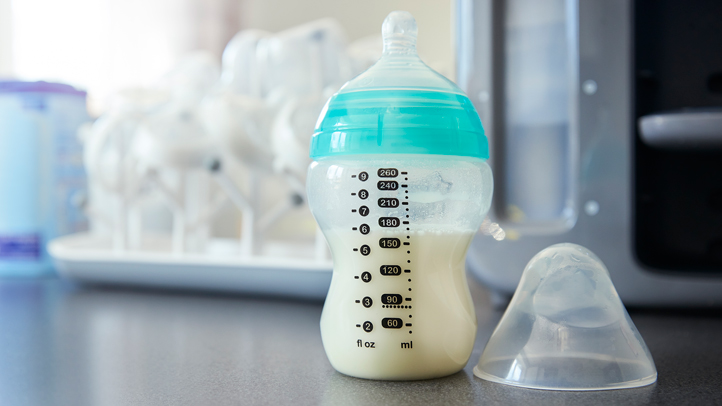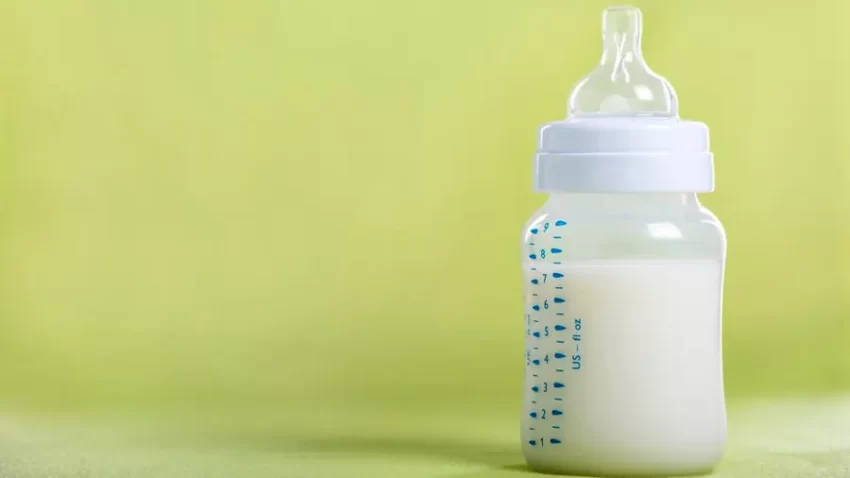When to Stop Baby Formula: A Guide for Parents
Transitioning your baby from formula to solid foods is a significant milestone in their development. As parents, it’s crucial to understand when to stop baby formula and how to make this change as smooth as possible. This comprehensive guide will walk you through the process, providing essential insights and expert advice on the optimal time to phase out formula feeding.
Understanding Your Baby’s Nutritional Needs
The decision of when to stop baby formula primarily depends on your child’s age and readiness for weaning. Typically, around 6 months, babies begin to require more nutrients than formula alone can provide. This is the ideal stage to introduce solid foods while continuing with formula feeding.
Transition Period
Despite starting solids, formula remains the primary source of nutrition until about 12 months. At this point, most infants have developed the necessary skills to chew and swallow various textures and can obtain sufficient nutrients from a balanced diet. Therefore, around 1 year old, you can consider gradually phasing out baby formula.
Signs That Your Baby is Ready to Stop Formula
Keep an eye out for these key indicators that your little one might be ready to say goodbye to formula:
- Showing interest in family meals
- Able to drink from a cup independently
- Eating a variety of foods and taking substantial amounts at meals
- No longer waking up at night for feedings
- Regular bowel movements and maintaining healthy weight gain
How to Gradually Stop Baby Formula
- Introduce Whole Milk: After your baby turns 12 months, replace some or all of their formula feeds with whole cow’s milk. Start by mixing half formula, half milk and adjust over time.
- Mealtime Adjustments: Increase the quantity and variety of solid foods during meal times to ensure your baby gets enough protein, fats, and carbohydrates.
- Cup Training: Encourage your child to drink from a cup instead of a bottle to reduce their dependency on formula.
- Monitor Progress: Watch for any changes in appetite, growth, or behavior. If they seem satisfied, energetic, and are meeting milestones, you’re on the right track.
Common Concerns and Misconceptions
- Don’t Rush: Abruptly stopping formula before a child is ready can lead to nutritional deficiencies. The transition should be gradual and based on individual readiness.
- No Need for Toddler Formulas: While marketed for older babies, toddler formulas aren’t medically necessary if your child is eating a well-balanced diet and drinking whole milk.
Consultation with Healthcare Providers
Always consult with your pediatrician before making any changes to your baby’s feeding routine. They can offer personalized advice based on your child’s health status, growth patterns, and potential allergies.
Special Cases and Considerations
For premature infants, those with medical conditions, or those struggling with transitioning, your healthcare provider may recommend a different timeline or approach to stopping baby formula.
Conclusion
Navigating the journey of when to stop baby formula is unique for each family. By closely observing your baby’s cues, introducing complementary foods at the right time, and working in tandem with your pediatrician, you can ensure a seamless transition to solid foods. Remember, patience, consistency, and attentiveness are key to helping your little one grow strong and healthy.
Throughout this article, we’ve emphasized the importance of gradual transitions and individualized timelines, highlighting that the process is as much about your baby’s physical development as it is about emotional readiness. With careful planning and guidance, your baby will successfully move past formula and into the exciting world of solid foods.
